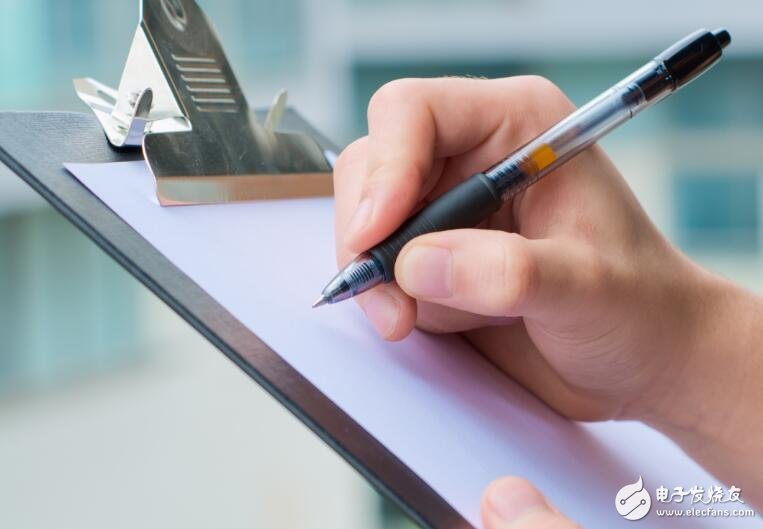The self-regulation of South Korean cryptocurrency exchanges has been completed. 14 of the 23 exchanges agreed to be inspected. Despite security vulnerabilities, there are still 12 companies that have reached the self-discipline standard, making people question the effectiveness of this inspection.
12 exchanges passed security checks
The Korean Blockchain Association (KBA) held a press conference on Wednesday to announce the results of inspections on Korean cryptocurrency exchanges. According to the Korea Herald, the association “recognized the cyber security standards of 12 cryptocurrency exchanges.â€
Since its establishment last year, KBA has been vigorously promoting industry self-discipline. Of the 23 cryptocurrency exchange members, 14 voluntarily undergo inspections. According to the media report:
Among the 14 exchanges, 12 exchanges passed the self-discipline inspection: DEXKO, HANBITCO, OKCOIN KOREA, HUOBI KOREA, BITHUMB, UPBIT, NEOFRAME, GOPAX, CPDAX, COINZEST, KORBIT and COINONE. Two other operators-SUNNY7 and KOMID-withdrew from the KBA-led inspection.

The media pointed out that the investigation was "conducted by third-party experts authorized by KBA through interviews in June and July," and emphasized that "there was no simulated hacking of the exchange."
Nonetheless, the association stated that these 12 exchanges have met "dozens of general standards such as minimum total assets, cold wallet storage, anti-money laundering requirements, etc." and that they meet "the association's minimum requirements for cyber security standards."
The organization has been criticized for poor inspections
After KBA issued the statement, some industry insiders pointed out the main flaws of this inspection.
The Korea Times stated that the association “was criticized for inadequate inspections of cryptocurrency exchanges. KBA even extended the one-month inspection period to two months to give enough time for under-prepared exchanges, which led to criticism. This inspection is just a formality."
In addition, Money Today also hinted in the report that the inspection was ineffective: "Someone pointed out that despite the recent hacking of the exchange, all exchanges passed the inspection." Last month, Coinrail And Binance was hacked.
According to the media report, people familiar with the matter said: "They all passed the inspection, which is too suspicious" and pointed out that "In fact, they did not disclose the detailed assessment content of each exchange, which also made people question the inspection results. "The Korea Times reported:
KBA did not disclose the detailed scores or safety ratings of each cryptocurrency exchange, which made people doubt the fairness of the inspections. KBA said that disclosing this information may cause targeted cyber attacks on exchanges with weaker security protections.
According to the media report, Jeon Ha-jin, the chairman of the association, even "indirectly admitted that there may be loopholes in the organization's inspections,"
The report quoted his explanation as saying, "This inspection does not guarantee the absolute safety of the 12 exchanges," and pointed out that "the results show that the 12 exchanges meet the minimum standards for operating exchanges. It is like a driver's license. It's hard to tell if they are good drivers."
The Korean Herald reported that the chairman did not answer the question “whether there is a huge gap in the handling of cyber security risks among the 12 exchangesâ€.
Just a few days before KBA announced the news, the South Korean government just disclosed an analysis report on the country's hacking incident. The government has been criticized for its inadequate protection against hacker attacks, because three of the 31 exchanges the government inspected were hacked, causing losses of approximately 110 billion won (approximately US$98 million).
A new rule from the Drug Enforcement Administration (DEA) threatens to upend the American hemp industry, and could even result in criminal prosecutions for manufacturers of CBD and delta-8 THC products.
The DEA says the [interim final rule," issued Aug. 20, is simply a matter of adjusting its own regulations to account for changes to the Controlled Substances Act that were mandated by the 2018 Farm Bill (or Agricultural Improvement Act) that legalized hemp and CBD production. The new rule [merely conforms DEA`s regulations to the statutory amendments to the CSA that have already taken effect," says the agency. The new rule doesn`t break any ground, according to the DEA.
But many experts on cannabis and hemp law say the DEA rule creates a potential pathway the law enforcement agency could use to prosecute hemp processors and producers of CBD (cannabidiol) and delta-8 THC (or Δ8THC) products. There are two issues: partially processed CBD, and [synthetically derived" delta-8 THC.
Cbd Pod System Oem,Cbd Vape Pod Oem,Best Cbd Pod System,Cbd Pod System
Shenzhen MASON VAP Technology Co., Ltd. , https://www.cbdvapefactory.com